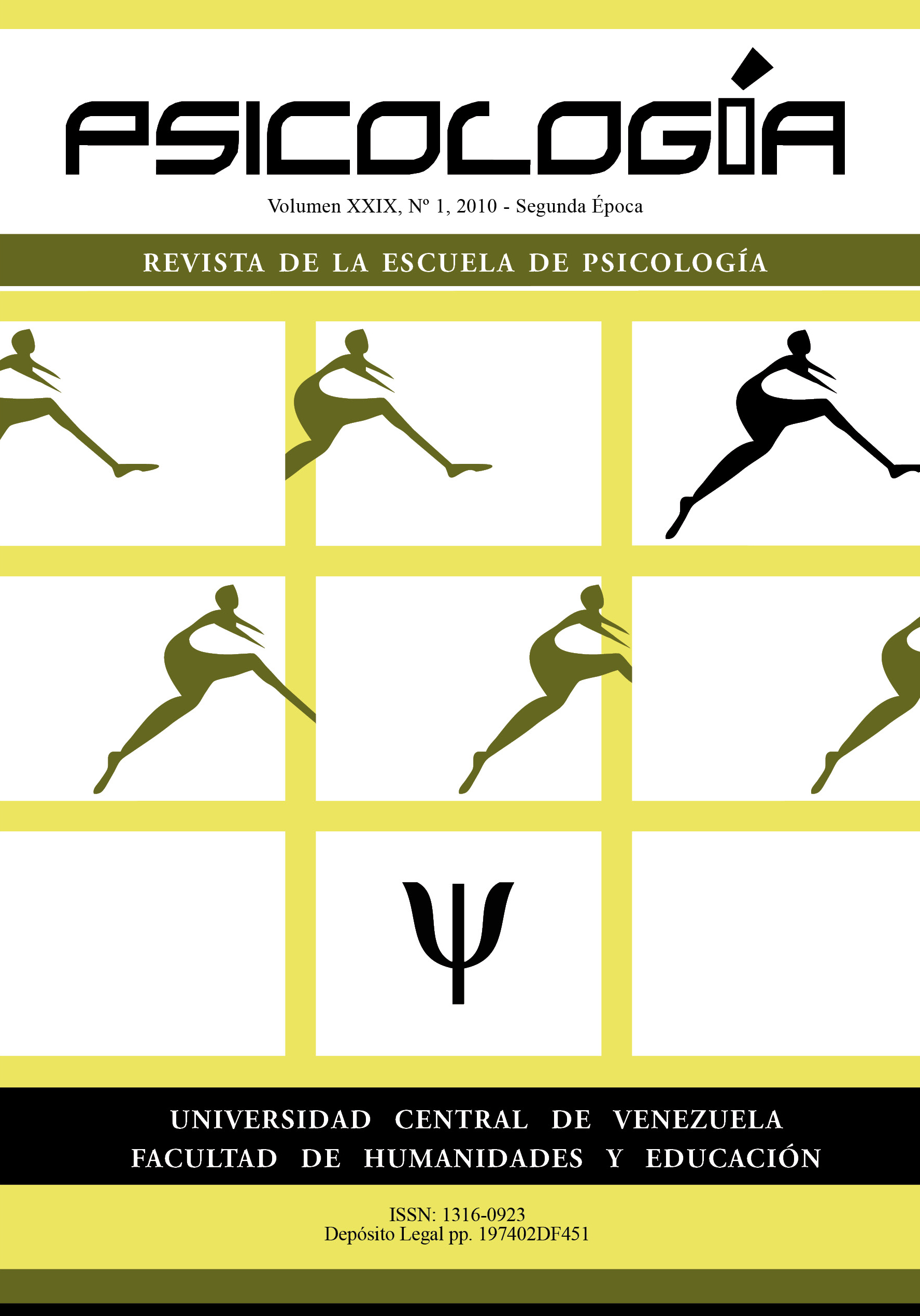Características de personalidad asociadas a estudiantes de permanencia prolongada
Palabras clave:
Personalidad, Inventario PIHEMA, Rezago estudiantil, Permanencia en la universidad, Síndrome todo menos tesisResumen
El trabajo que se presenta explora algunas características de personalidad, a partir del Inventario PIHEMA R-2 (Ponce y Granell, 2006) en estudiantes de la licenciatura en Educación que tienen entre 7 y 12 años en la universidad. En el contexto del trabajo se definen estos estudiantes como de “permanencia prolongada”, puesto que han excedido el tiempo reglamentario de graduación. El Inventario PIHEMA es una prueba de orientación cognitivaconductual que mide variables asociadas a las dimensiones: (1) éxito escolar y (2) conductas que interfieren con el rendimiento académico. Los resultados indican que las variables exploradas tienen un valor predictivo del 45.4% con respecto al tiempo de graduación. Entre los rasgos destacados, el 45% de la muestra exhibe un nivel bajo en interés por el aprendizaje y la innovación, el 41% bajo autodominio, y el 14% alto número de conductas de interferencia. No obstante, más del 50% se comporta como un grupo promedio en cuanto a los factores, motivación al logro, estabilidad emocional y conductas de interferencia. Se analizan estos resultados en función de sus implicaciones en el proceso de selección para el ingreso a la Educación Superior.
Personality characteristics associated with long stay students
Abstract.
The study explores some personality characteristics from the PIHEMA r-2 inventory (Ponce and Granell, 2006) in undergraduate students in education who are between 7 and 12 years in college. In the context of the research these students are defined as “long stay” students, as they have exceeded the normal time for graduation. PIHEMA inventory is an orientation test that measures cognitive-behavioral variables associated with the dimensions: (1) success in school and (2) behaviors that interfere with academic performance. The results indicate that the explored variables have a predictive value of 45.4 % with regard to the time of graduation. Among the outstanding features, 45% of the sample exhibits a low level of interest for learning and innovation, 41 % exhibits low self-control, and 14 % shows a high number of behaviors of interference. Nevertheless, more than 50% behaves as an average group as for the factors, motivation to the achievement, emotional stability and conducts of interference. These results are analyzed depending on their implications in the process of selection to enter college education.


